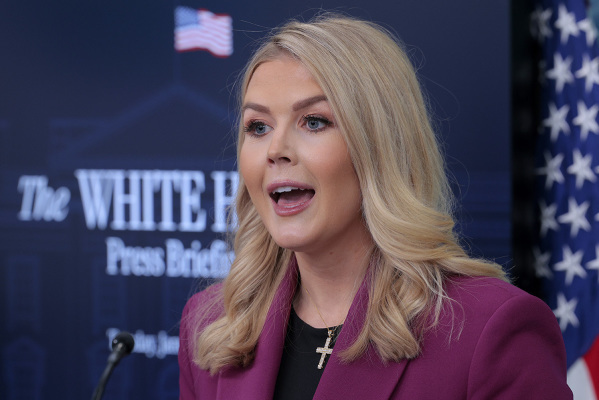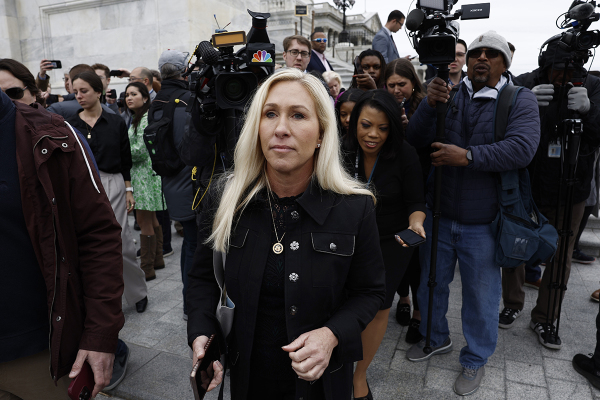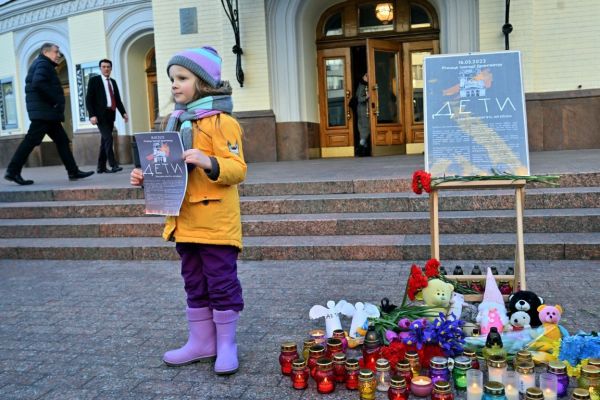8 Myths About Evangelicals
It is a myth that evangelicals succeed because of conformity and unity, according to one author.
Identifying one of eight myths about evangelicals, Dr. Michael Lindsay said there are many issues, such as global warming and the priority of abortion, that make the faith group's division apparent, according to Time magazine's "Swampland."
Lindsay, author of Faiths in the Halls of Power: How Evangelicals Joined the American Elite, spoke last week at the Pew Forum Religion & Public Life's "The Faith Angle" conference in Key West, Fla. The conference presented new research on religion and politics.
Another myth, he said, is the idea that the 2004 election represents the peak of evangelical political power.
Lindsay, who conducted the nation's largest and most comprehensive study of public leaders who are people of faith, contends that in terms of lasting effect and ability to organize a wide coalition, the height of evangelical power was in 1998 when they helped push through the 1998 International Religious Freedom Act.
The act promotes religious freedom as a U.S. foreign policy and seeks to support those suffering religious persecution overseas.
The scholar also dismissed the idea that there are king makers who can influence the whole movement.
While prominent leaders such as Dr. James Dobson do have national presence and influence, they cannot necessarily turn out people on the ground, he said. Rather, pastors of major churches are the strongest leaders in the evangelical movement.
He cited pastors of megachurches, including Pastor Rick Warren of Saddleback Church in southern California, Pastor Bill Hybels of Willow Creek Community Church in the Chicago suburbs, and Pastor Timothy Keller of Redeemer Presbyterian Church in New York City, as examples.
These pastors and others can inspire real activism and change in the world, said Lindsay.
Another myth, according to the scholar, is the idea that younger evangelicals will shift the political alliance of the group. He believes younger evangelicals are center right, and among the most loyal Republicans.
To make his case, he said that while President Bush's approval rating fell nationwide, it fell the least among this group. He predicts that young evangelicals are more likely to change the Republican Party than change their political affiliation.
Other myths Lindsay listed include:
• "The center of evangelical power are where the national institutions are: Wheaton College, Colorado Springs, etc." Rather, the center of evangelical powers are where other centers of power are for the rest of culture: New York, Los Angeles, Washington, D.C, he said.
• "Evangelicals tend to be isolationist in their view of American aid to the world." Evangelicals now "love" USAID, which Lindsay says has to do with more people engaging in missionary work for shorter periods of time and global outreach becoming a central mission for many urban churches. Saddleback Church has sent some 7,000 members to do humanitarian volunteer work in Rwanda.
• "The more involved an evangelical is in church life, the more politically active he/she is." Lindsay found in his research that evangelicals who have the lowest level of church involvement are the most politically active. These evangelicals are highly involved in "para-church" groups like Bible study groups and other kinds of fellowship.
• "Politics is the main focus of evangelical activism." He argues that the largest, and most effective evangelical activist groups are focused on aid or cultural issues more than advocating for specific political policies. World Vision, which distributes most of USAID's food donations, was Lindsay's primary example.
Dr. Michael Lindsay is assistant director of the Center on Race, Religion, and Urban Life at Rice University.






















